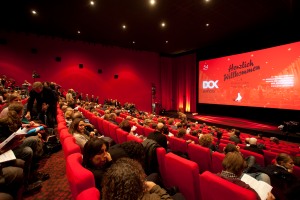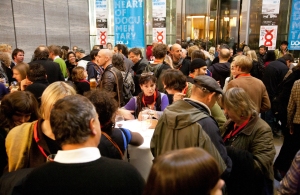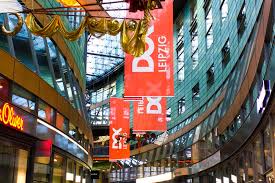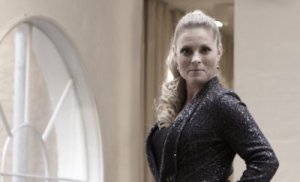There are some people everybody in the documentary business should know. So that's why I will start to introduce you to some of the doc legends! I will start with Tue Steen Müller my Danish friend and mentor. Its not a coincidence that he was given the EDN award this year in Thessaloniki at the doc festival for an outstanding contribution to the European documentary culture.
Ladies and gentlemen, if you do not know him already let me introduce you to Tue Steen Müller.
He is the one who encouraged and inspired me to get involved in this lovely field, and for that I owe him a lot! Thank you Tue!

Born 1947. Danish. He worked with short and documentary films for more than 20 years at the Danish Film Board - as press secretary, head of distribution and information and as a commissioning editor. He's co-founder of Balticum Film and TVFestival, Filmkontakt Nord and Documentary of the EU. He has travelled to European short and documentary festivals often to be seated as a jury member. He has given documentary courses and seminars in more than 30 countries. In 2004 he was awarded the Danish Roos Prize for his contribution to the Danish and European documentary culture. In 2014 he received the EDN Award “for an outstanding contribution to the development of the European documentary culture”. From 1996 until 2005 he was director of EDN (European Documentary Network). He has written articles for national and international newspapers and magazines. From 2006 he has been a freelance consultant and teacher in workshops like Ex Oriente, DocsBarcelona, Archidoc, Documentary Campus, Storydoc, Baltic Sea Forum, Black Sea DocStories as well as programme consultant for the festivals Magnificent7 in Belgrade, DOCSBarcelona, Message2Man in St. Petersburg and DOKLeipzig. From September 2007-2013 he taught at the Zelig Documentary Film School, Bolzano, Italy. He writes (almost) daily about documentaries in English on www.filmkommentaren.dk











